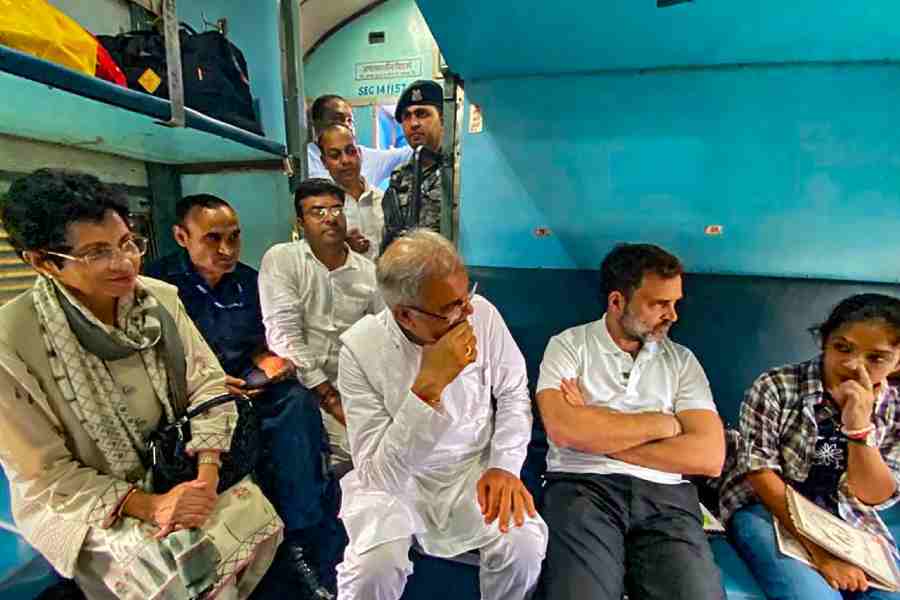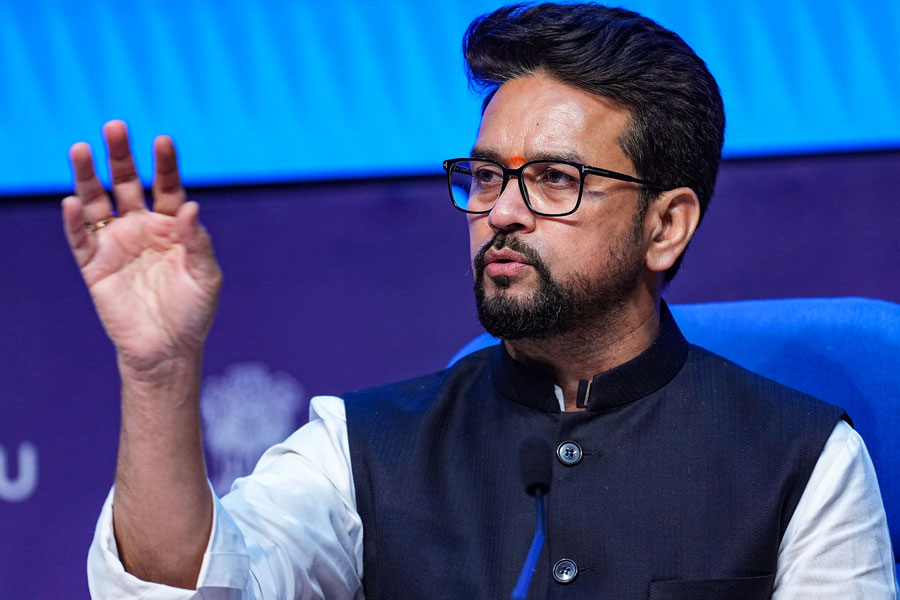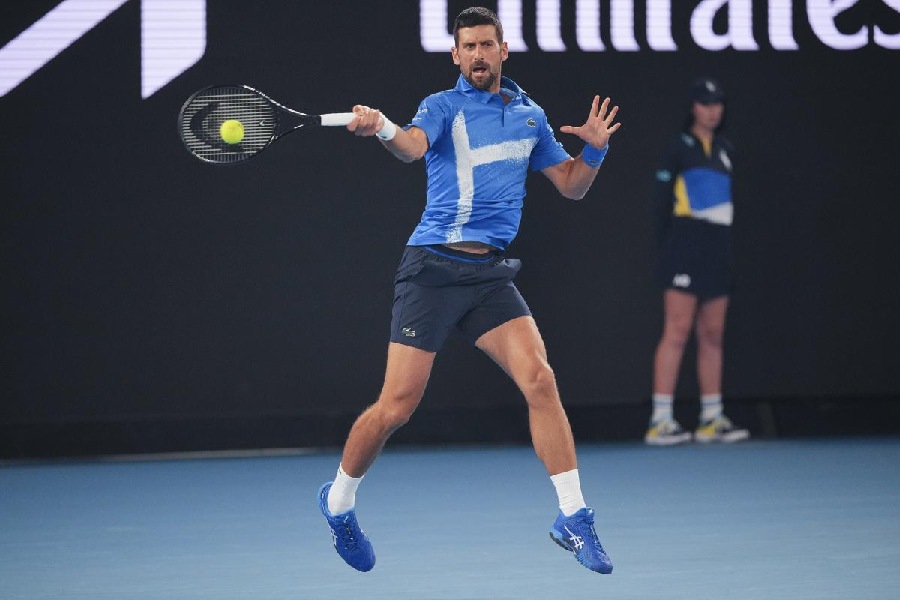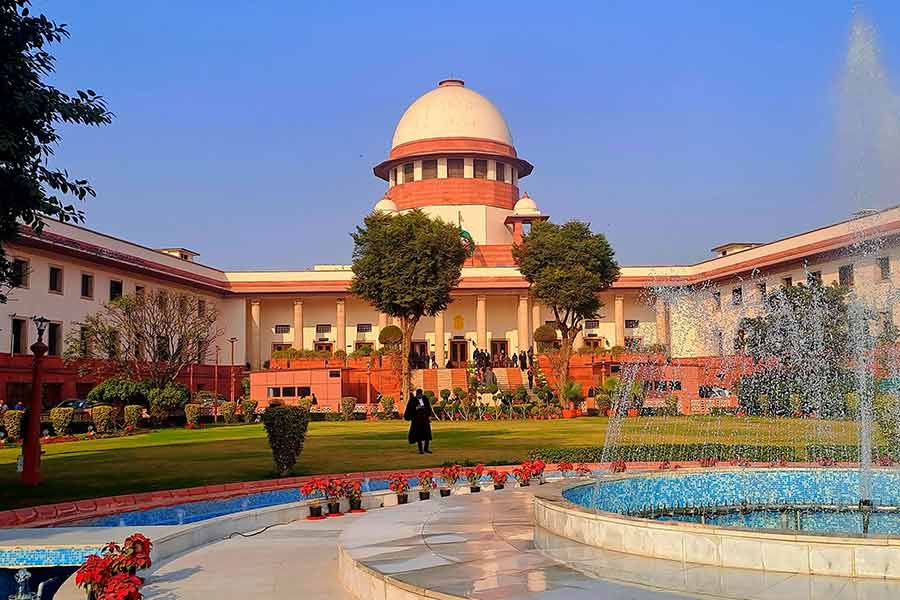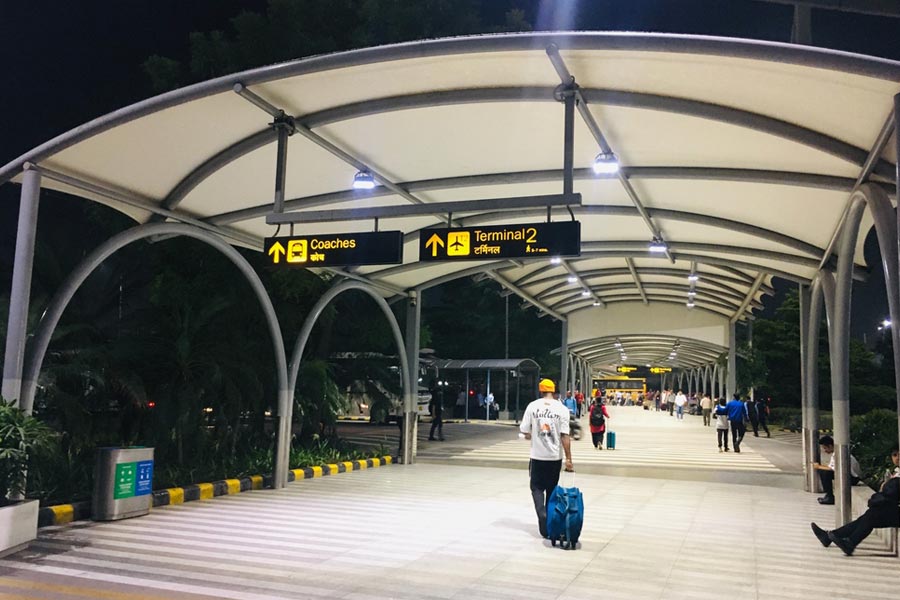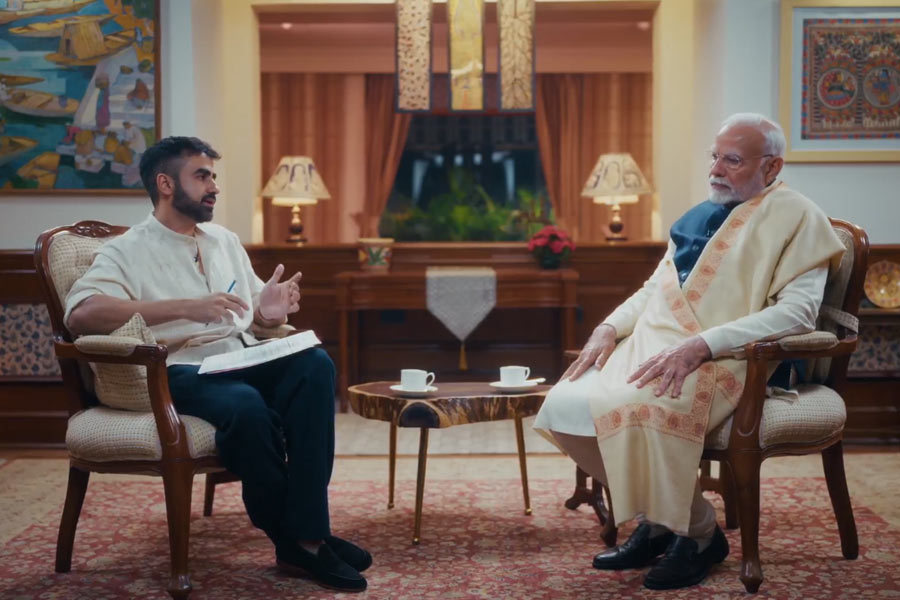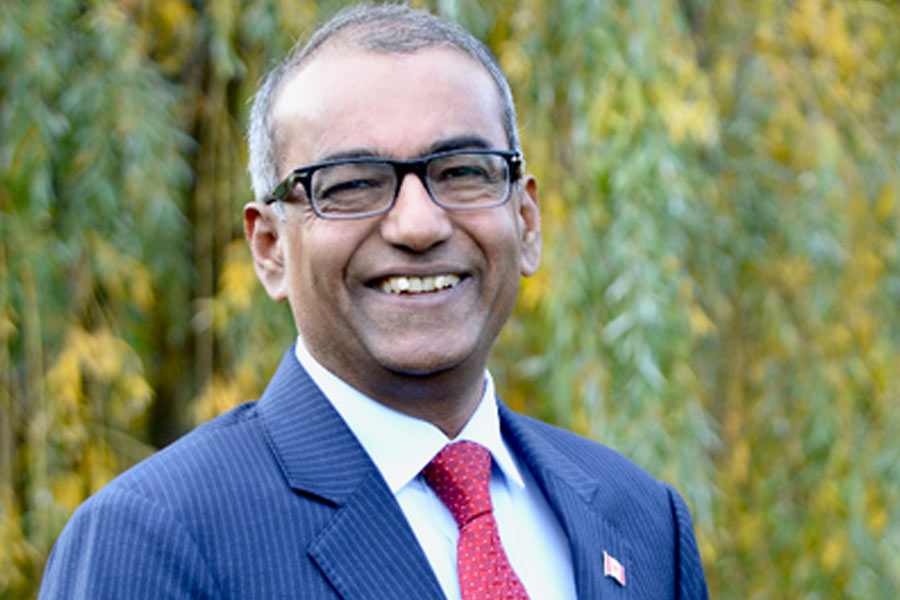Rahul Gandhi appears to have trimmed the electoral discourse to three issues: crony capitalism with the focus on Gautam Adani, a caste census and welfare schemes.
While Prime Minister Narendra Modi has so far offered no response to Rahul’s questions on Adani or demand for a caste census, his dismissal of welfare politics as a “rewdi culture” inimical to the economy seems to have misfired.
The BJP government in poll-bound Madhya Pradesh has been raining “rewdis” (sops, literally a cheap sweet) on voters to ward off a possible drought of support.
Crony capitalism has been Rahul’s pet theme for a while and Congress governments have used welfare schemes to provide succour to the poor, battered by rising prices and unemployment. To this armoury has been added the demand for a caste census, primarily as a counterpoise to the BJP’s Hindutva mobilisation.
The political pressure for a caste census is a demonstration of intent by the Congress and its allies towards the development of a credible database for policymaking.
The Opposition combine INDIA knows that OBCs make up around half the country’s population.
It expects the demand for adequate representation and distribution of wealth and opportunities to generate hope among the OBCs, segments of which have been enticed by the call of Hindutva despite it giving them no real empowerment.
Rahul is now urging this segment to demand real empowerment instead of settling for a vague sense of religious dominance.
Rahul has placed the OBC question on top of the national discourse by maintaining a sharp focus on it in his speech on the women’s reservation bill in the special session of Parliament. He has reduced the scope for the BJP’s whataboutery by publicly conceding that the Congress had erred in the past on the OBC question.
He has since then resisted the temptation of raising the myriad failures of the Modi government and kept stressing the three chosen issues.
Addressing a public meeting at Bilaspur in Chhattisgarh on Monday, he said: “I pushed the remote-control button and money was transferred into the accounts of thousands of people in the state. Modi too pushes the button and PSUs get privatised; Adani gets airports, railways and other infrastructure contracts.”
The Congress government in Chhattisgarh had invited Rahul to electronically transfer an instalment of money to beneficiaries of a housing scheme.
“Two kinds of remote control are in vogue. One is ours, which sends money to the poor; the other is Modi’s, which helps Adani,” Rahul said.
“When we push the button, schools open, farmers’ loans are waived. When Modi pushes the button, mines are allocated to Adani. Even the farm laws were made for his benefit. I asked Modi what his relationship with Adani is, and he got me disqualified from the Lok Sabha.”
Rahul swiftly moved on to the OBCs without treading into the maze of popular political issues.
“Modi used to claim that he belongs to an OBC community. The Congress conducted a caste census; the data is available with the government. Why is Modi scared of releasing that data?” he said.
“I said in Parliament, there are only three secretaries from the OBCs among the 90 in the central government who manage the core of governance. We must ensure adequate participation of all castes and communities, and a caste census is essential to that.”
Social justice is a key plank for most INDIA allies. While the JDU and the RJD passionately support a caste census, the Samajwadi Party has coined the abbreviation “PDA” (Pichhda, Dalit, Alpsankhyak – Backwards, Dalits, minorities) to mobilise support. The DMK recently questioned Sanatan Dharma in the context of caste discrimination.
The demand for an OBC sub-quota, in addition to the in-built delay in implementation, has dimmed the lustre of the women’s reservation bill, which the Prime Minister would have hoped would enable him to hijack the electoral discourse.
The BJP will have to deal with the OBC question sooner or later: the subject is too substantive and serious to be cast aside with a hurricane of diversionary ploys.

